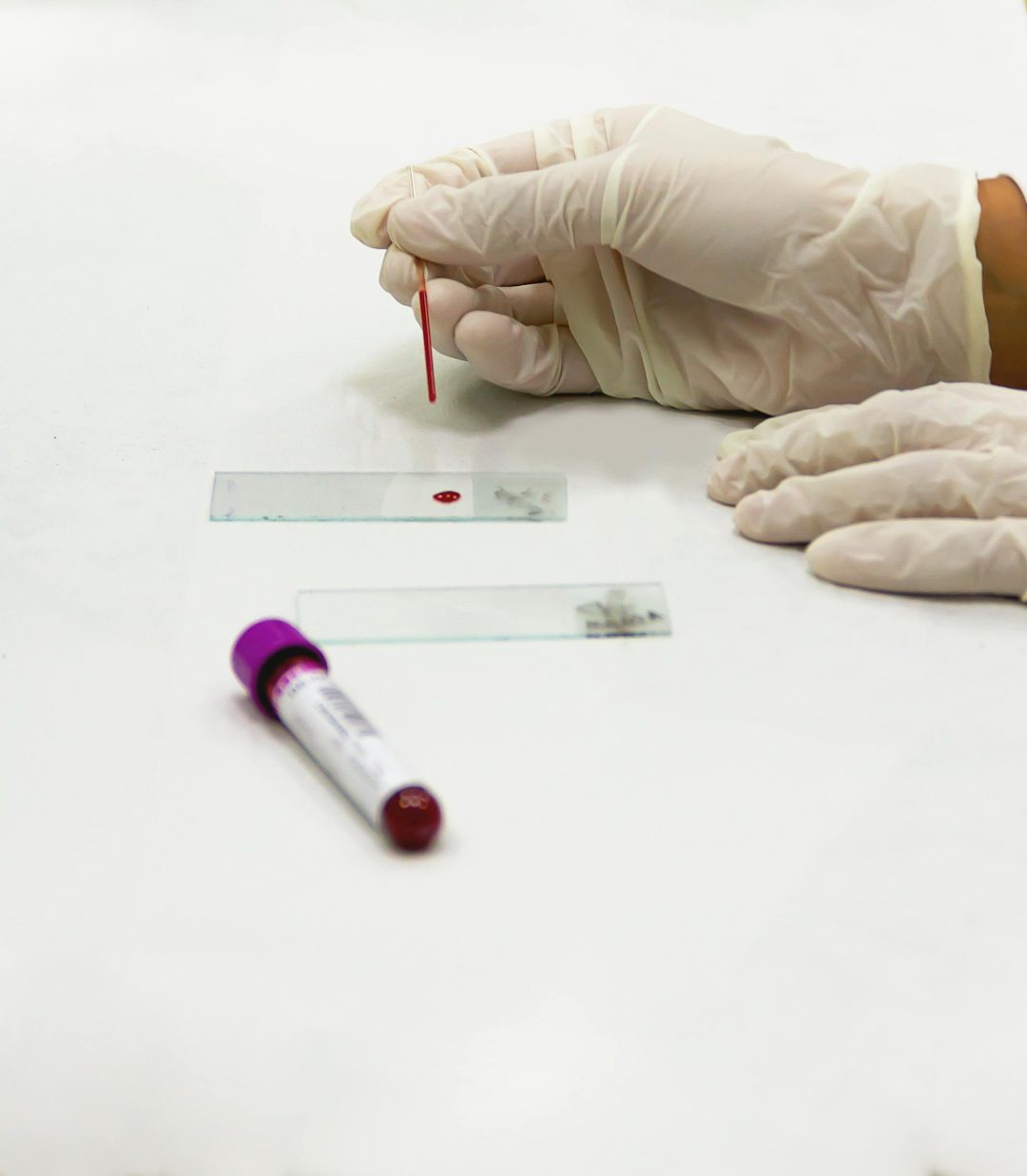Understanding Alcohol and Drug Testing in Texas: What You Need to Know
Types of Alcohol and Drug Testing in Texas
If you’re facing a legal issue, employment screening, or any situation where substance use might be questioned, it’s important to understand how alcohol and drug testing works in Texas. The state recognizes multiple testing methods—each with unique benefits, limitations, and detection periods. This guide explains the basics to help you prepare and make informed decisions.
Urine Testing
Detection Window:
Generally detects most drugs within a 1–3 day window, depending on the substance.
Pros:
- Widely used in legal and employment settings
- Non-invasive and cost-efficient
- Quick turnaround for results
Cons:
- Shorter detection window
- Easier to tamper with
- Can be affected by hydration or dilution
Blood Testing
Detection Window:
Can detect substances from several hours up to a few days, with high accuracy.
Pros:
- Measures current levels of drugs or alcohol
- Ideal for proving recent usage or intoxication
- Reliable and less subject to manipulation
Cons:
- Requires medical personnel
- More expensive
- Less practical for large-scale or routine screening
Hair Follicle Testing
Detection Window:
Up to 90 days of drug use history, making it the best option for long-term detection.
Pros:
- Very difficult to tamper with
- Long detection window for chronic use
- Not affected by short-term behavior like fluid intake
Cons:
- More expensive
- Slower results
- May not detect use within the last few days
When Testing May Be Required
Drug or alcohol testing can occur in a variety of contexts in Texas, including:
- Employment Screening: Many employers, especially in transportation or safety-sensitive roles, require testing.
- Probation or Parole: Courts often require random or scheduled tests for individuals under supervision.
- Student Programs: Schools and athletic programs may implement drug testing to enforce policy.
- Medical Treatment: Physicians may test for drugs to guide treatment plans or monitor prescription use.
- Criminal Investigations: Law enforcement may order testing during DUI/DWI investigations or after an arrest.
Know Your Rights and Risks
Different testing methods can impact your case in different ways—especially when tied to criminal charges, employment disputes, or custody matters. Knowing which type of test is being used and what it can (and cannot) detect may be important when evaluating your options or legal exposure.
Legal Disclaimer
The information provided on this page is for general informational and research purposes only. It is not legal advice, nor should it be interpreted as a substitute for consulting with a licensed attorney. If you are involved in a legal matter where drug or alcohol testing may be a factor, we strongly recommend you seek personalized advice from a qualified legal representative. Actions taken based on this article should only be done after consulting legal counsel familiar with your situation




